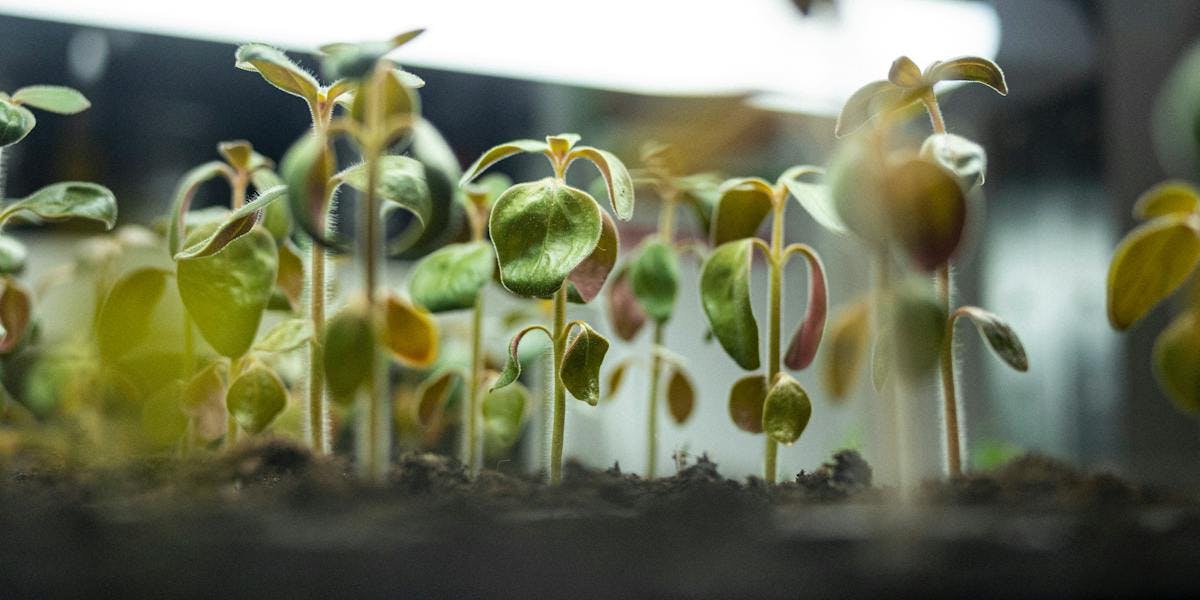Lifestyle
What Are Seed Banks And Why Are They Important?
2min read
Many countries have one, and they are key to ensuring the future of our planet. But what really are they, and why are they so important. Read on for all of your questions, answered.
What are seed banks?
Seed banks are banks or vaults that store a vast range of seeds from around the world. They are kept in temperature-controlled facilities, often underground, to ensure the survival of the seeds.
Why do we need seed banks?
Seed banks are necessary in order to preserve biodiversity and ensure the future of many species of plants that are vulnerable to extinction. According to The Millenium Seed Bank Organisation, statistics show that two in five plant species [are] at risk of extinction. IIt is imperative that seed banks exist in order to protect plants and wildlife across the planet. The importance is even greater as climate change continues to change the biodiversity of the planet at alarming rates. Many seedbanks are also a means to ensure plants are protected after natural disasters such as tsunamis and firestorms, as well as human disasters, such as nuclear warfare. They are also used as sites for research.
There are currently over 1700 around the world. Though many think Norway’s ‘Doomsday Bank’, Svalbard Global Seed Vault, is the biggest bank in the world, it is actually the Millennium Seed Bank in Sussex that takes the crown. It contains 2.4 billion seeds in the bank.
Any other questions for us? Let us know in the comments below.
By Toni Olukiran
Toni is one of our lovely Content Marketing Assistants, and when she’s not writing posts about everything from Jamaican cooking to vegan champagne, she’s making a Spotify playlist (she was at 200, at her last count) or playing tennis in the park.
Let us take care of dinner
We help to make eating more plants easy and delicious. Fancy letting us take care of dinner? Check out our delicious meals here.
Shop now
